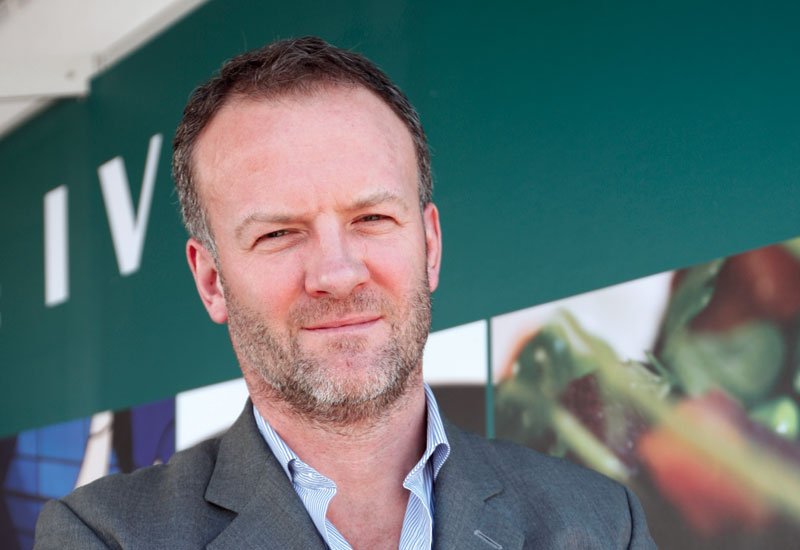 The long-awaited arrival of London celebrity haunt, The Ivy, is due to arrive in Dubai in June following a tie-up between Ivy owner Caprice Holdings a
The long-awaited arrival of London celebrity haunt, The Ivy, is due to arrive in Dubai in June following a tie-up between Ivy owner Caprice Holdings a
The long-awaited arrival of London celebrity haunt, The Ivy, is due to arrive in Dubai in June following a tie-up between Ivy owner Caprice Holdings and the Jumeirah Group. Caterer finds out how the legendary brand will adapt to its new habitat.
With tables like gold dust and a dedicated following of celebrity luvvies, The Ivy is an institution in London, frequented as much for its swanky image and media buzz as for its food.
Its famous oak panelling and stained glass décor, atmosphere of discretion and large brasserie-style menu has made it a favourite among food critics and its name has become a byword for chic, exclusive dining.

| Advertisement |
So why has a brand of such glossy pedigree chosen the Middle East for expansion overseas? “Dubai is a polarisation of everything going on in the world,” says Des MacDonald, CEO of Caprice Holdings, the company which owns The Ivy as well as many other well-known high-end restaurant brands such as Le Caprice and Rivington Grill.
“You get a real mixture of offerings within a small space. You can go to Deira for an authentic curry or to Zuma for a more high-end experience. I think the time is right for The Ivy to add to that mix.”
Lost in translation?
While The Ivy’s location in London, nestled in the heart of the West End theatre district, makes it a natural venue for the great and the glamorous to cluster pre- or post-shows, its Middle Eastern location in the Boulevard at Jumeirah Emirates Towers next to Dubai International Financial Centre (DIFC) must draw a very different sort of crowd.
MacDonald is unruffled about the prospect of this diluting the Ivy brand experience. “It’s a great, central, cultural location at the DIFC. There are lots of local workers, art galleries and shops. It’s right in the hub of things,” he says. “There are obviously going to be differences but you just have to look at the local market and work with it.”
General manager of the Dubai Ivy, Sunil Kumar, is similarly unworried. “The guests will receive the same in terms of the ambience, the service and the food style as they do in London,” he says.
“People sometimes say that the service is more submissive in Dubai than people are used to in many other countries, but we have recruited many of our team from London and we are going through six weeks of training to make sure everyone is up to speed.”
It is the service which really makes the Ivy experience outstanding, says MacDonald.
“What [UK Ivy general manager] Fernando Peire does in London is teach staff to read body language. So you know that if it is a group birthday party then they probably want a bit of fun and so you give them more attention, but if it’s a couple they might just prefer to be left alone.
We’re going to ensure that this sort of attention-to-detail expertise is transferred to all of our staff in Dubai too,” he says.
Dubai’s reliance on imported food will also not affect the dining experience, according to Kumar.
“We are very selective with our ingredients. The menu has been developed with very experienced ex-Zuma chef Colin Clague. We have all the same expertise and there is no compromise whatsoever in terms of ingredients; everything has got to be top class. The Ivy is an institution back in London because of its service and its food and we are keeping it more or less the same.”
MacDonald elaborates: “The DNA of the Ivy is the menu, the design, the training and the staff,” he says. “We are bringing in key managers, support staff, chefs, and a maître d’ all from London. They have all worked for us before and we are keeping the menu the same as well.
This means that every central aspect of the DNA will be kept intact and we will continue monitoring it from the local Caprice office in Dubai and via the operations team in London to make sure that remains the case.”








 Search our database of more than 2,700 industry companies
Search our database of more than 2,700 industry companies









